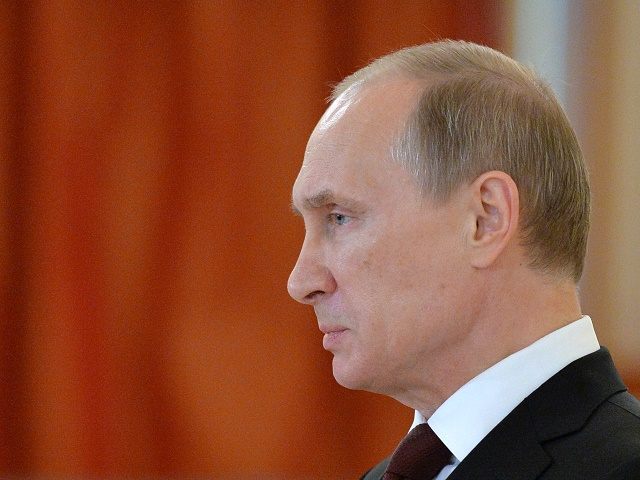Russian President Vladimir Putin has decreed that all Western food arriving in the country will be systematically destroyed as of August 6, as it contravenes the embargo imposed by the Kremlin in August 2014.
Since that time, Russia has officially blocked imports of fruit, vegetables, dairy products, meat and fish from the United States, EU countries and other states that imposed sanctions on Russia after its invasion of Ukraine. The import of these products was worth an estimated $9 billion a year.
Embargoed goods continue to arrive illegally into Russia, especially via Belarus and Kazakhstan, which are part of the Eurasian Economic Union, led by Moscow.
According to the Russian presidency in a statement Wednesday, the measure will affect the food and agricultural products from those countries that have issued, to date, economic sanctions against Russian citizens and companies, as in the case of the United States and the European Union.
Products that pass through customs in transit to a third country will not be affected by this measure, provided they meet certain sanitary requirements.
The initiative to destroy Western perishable products comes from Agriculture Minister Alexandr Tkachov, who said that fruit and vegetables should be placed in the same category as other contraband destined for destruction, such as narcotics.
Some local media have criticized the measure, suggesting that it would be more practical to sell those products at low cost, for the benefit of the most disadvantaged sections of Russian society whose incomes have been reduced due to the current recession.
An internet petition for revocation of the decree urges that instead of destroying food it should be offered to the poorest citizens, mostly pensioners, veterans, invalids, families with many children and those who have suffered in various disasters.
Others have suggested sending these products to orphanages or Ukrainian regions of Donetsk and Lugansk affected by the war, where many people survive only thanks to humanitarian aid.
According to official data, the average cost of foodstuffs in Russia increased by 14.3 percent in the first half of this year, largely because of the embargo of Western products. In late June, Putin announced his decision to extend the embargo on perishable food products from the European Union for one year, in response to the extension of the sanctions taken by Brussels against Moscow for its role in the crisis in Ukraine.
Putin stated that the objective of the measure is to “ensure Russian security” and argued that the embargo “will be a good incentive for local farmers.”
The European Union has extended economic sanctions against Russia for six months, until January 31, 2016.
Kremlin spokesman Dmitri Peskov decried the Brussels decision as “illegal and unfounded” and said that sanctions also affect “the interests of taxpayers in European countries.”
Meanwhile, on Thursday the United States expanded sanctions against Russian enterprises involved with the conflict in Ukraine, adding some two dozen entities and more than ten individuals to the existing sanctions list.
On Friday the Kremlin reacted with a tersely worded response. Peskov said that although the principle of mutuality is the basic principle in the exchange of sanctions, “it is entirely possible that some asymmetrical measures can be used.”
“Our attitude towards such US sanction activities is well-known, it has not changed. We consider the sanctions to be illegal; they violate the rule of international law, they harm bilateral relations,” he said.
A top U.S. diplomat overseeing sanctions policy says that Russia’s response shows that sanctions are working and that punitive economic measures are curtailing Russian “aggression” while testing Western resolve regarding Ukraine’s war with Russian-backed separatists.
“I think that in true Leninist fashion, the Russian government will probe with a bayonet, so to speak, until it encounters resistance,” said Daniel Fried, the U.S. State Department’s coordinator for sanctions policy.
Follow Thomas D. Williams on Twitter @tdwilliamsrome

COMMENTS
Please let us know if you're having issues with commenting.